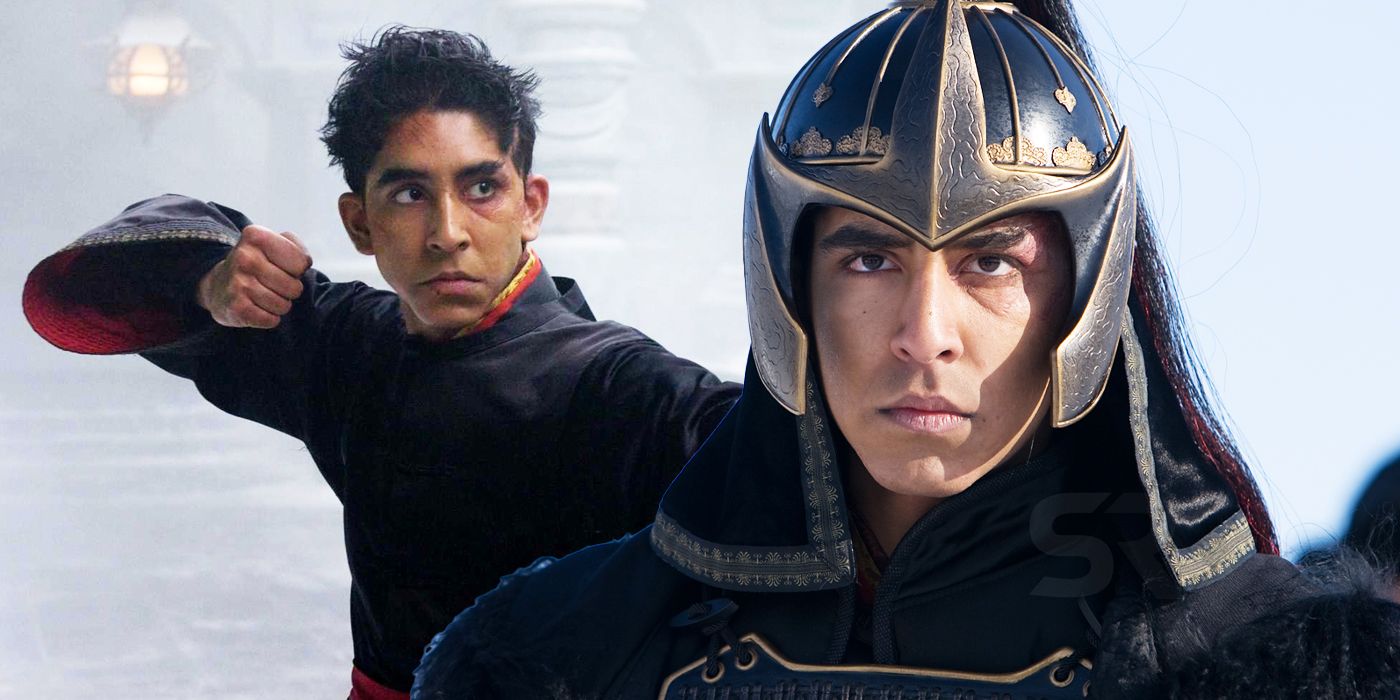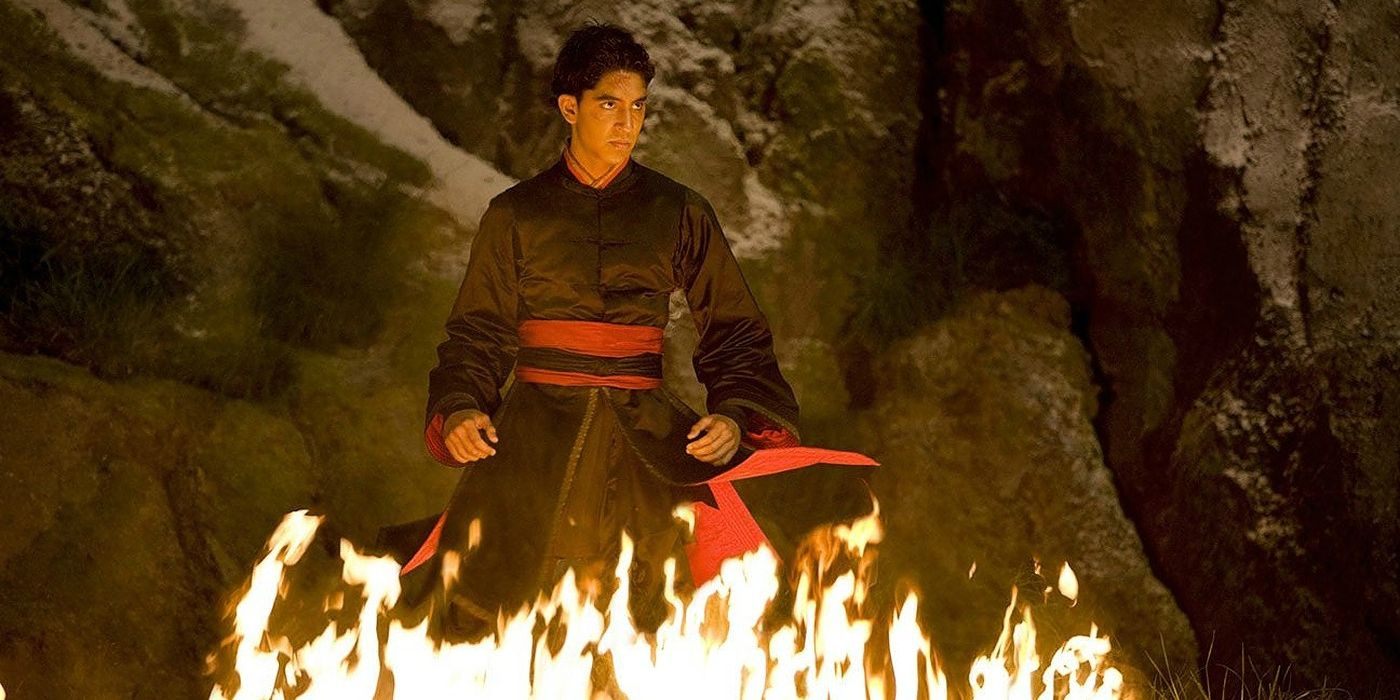
The Last Airbender star, Dev Patel, has opened up about being miscast for the role of Zuko. Avatar: The Last Airbender was an animated series that debuted on Nickelodeon in 2005 and ran for three seasons. The series quickly captured viewers with its war-torn world where individuals can bend the elements of Water, Air, Fire, or Earth. In addition to the intriguing plot line, it boasted lovable and complex characters.
Since the announcement of Netflix's live-action Avatar: The Last Airbender, one cannot help but look back on the first live-action attempt. M. Night Shyamalan helmed the adaption with his release of The Last Airbender in 2010. The film notoriously missed its mark, condensing the three season series into a 90-minute film that failed at storytelling and was devoid of emotion and personality. Many of the actors were criticized for their poor acting performances, but the issue was that many were simply chosen for roles they were not suited for.
As reported by Comicbook, Patel has opened up about being miscast as Zuko in The Last Airbender. Patel accepted the role as he was coming off of his Slumdog Millionaire success and eager for more work. Originally, accepting the role was a "no-brainer" for Patel, as he was a martial arts enthusiast and the film was headed by Shyamalan, who was a big name in Hollywood. Afterwards, though, Patel realized that the film missed its mark and that he was miscast. Recognizing that he wasn't right for the role and was underperforming was a difficult experience for him, but it taught him a lot about the importance of being able to connect to a role and to have open communication with the filmmaker. Check out his statement below:
After Slumdog [Millionaire], I didn't really get anything. When that came around, it was a total no-brainer on the page. You know, may he rest in peace, Andrew Lesnie, the DoP of Lord Of The Rings. You've got M. Night and Frank Marshall and all these big names. I'm a big martial arts fan, so I was like, 'Oh, wow.' I was probably miscast, and the film didn't hit the mark. It was a really hard process for me because... It was such a bigger machine than what I was used to from Skins, that I felt a bit adrift at sea. I could see that the studio was worried that I wasn't really performing well. It was quite a torturous experience in that sense where you know you've maybe possibly been miscast in something, and you're not right for it, and I didn't have any confidence, and I didn't know how to apply what I now know are my good tools as a performer, and the truth I can bring to a part. And it kind of showed. It made me realize that I want to be involved in films where you can really feel connected to the material; it's more tangible, and you can sit with the filmmaker and have a conversation. I need mentorship. I need teaching, and someone that can guide me through the process of a movie. That's what I found later on in my career with other filmmakers, and that's what's made me improve. You learn a lot from it in a way, from films like that. But for me, there was a lot of trauma [surrounding] that whole experience.

While Patel did admit to learning a lot about filmmaking, he did also touch on the traumatic side of the experience. While the film as whole was criticized, Patel received some of the harshest backlash. He was even nominated for a Razzie for Worst Supporting Actor for the film, along with the Worst Screen Ensemble nomination he shared with the entire cast. As Patel relayed, he was quite new to the film industry and didn't have the skills to cope with being miscast in a role. It seems there was also a lack of communication on set, as he explained that the experience taught him the need for mentorship and for guidance through the process of the film.
Patel's discussion of The Last Airbender miscasting illustrates where the live-action film went wrong and the impact it had on the cast. Miscasting is a phenomenon not widely known to those outside of the industry who tend to see a poor performance merely as a reflection of one's acting capacity, not as a reflection of the director. However, The Last Airbender strongly exemplifies a situation in which talented actors were placed in roles that were simply not suitable. Despite the difficulty of Patel's miscasting, he has chosen to learn from his experiences. Recently, he was set to direct Netflix's Monkey Man and it is likely his past experiences will aid him in mentoring and guiding the cast and crew in his directorial debut. Hopefully, Patel's experience on The Last Airbender will illustrate the support that performers in the industry require and provide more understanding that they are sometimes the victims of directorial choices rather than merely poor actors.
Source: ComicBook
from ScreenRant - Feed https://ift.tt/3iH1vSh

0 Comments